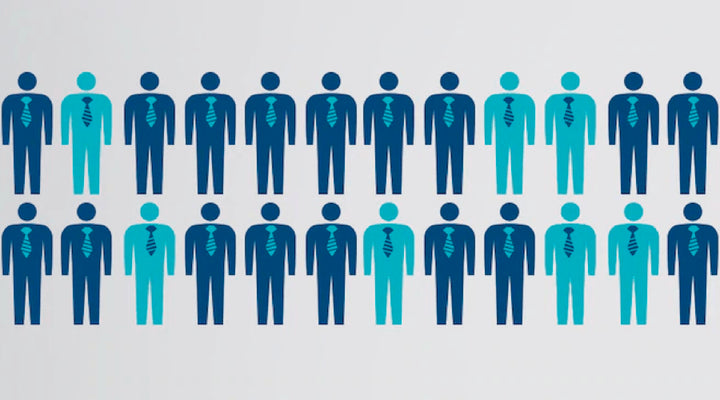Incontinence is a normal part of getting older
Male incontinence is not inevitable and many will never experience the condition. For quite a few of those who do, it will only be temporary. Even if you have incontinence in any form there are many ways to control it. If you start noticing symptoms, visit your GP for advice.
It only affects older people
This myth makes younger guys feel even worse about themselves. Incontinence can be the result of many conditions or life habits. For example, anxiety, obesity, smoking, excess caffeine or alcohol, and prostate problems can all lead to incontinence problems.
You should drink less to stop leaks
It’s very important to stay hydrated and if you cut down on your fluid intake your urine becomes too concentrated, causing irritation in the bladder. However, it’s best to avoid drinks with alcohol or caffeine.
It’s permanent
If incontinence is the symptom of another health issue, it will disappear when that condition is successfully treated. Depending on the issue, the treatments will vary. For example, antibiotics will resolve an infection, while other conditions such as kidney stones can be treated by shock wave lithotripsy.
There is no treatment for incontinence
As you might have guessed from the previous myth, this is not the case. Once the source of the problem has been identified through careful investigation, incontinence can be slowed or halted very effectively.
It will go away on its own
Maybe it will, but there’s a much greater chance if the cause of the incontinence has not been identified and addressed. Once the condition or infection causing the problem has been dealt with then the incontinence should also be resolved.
Prostate surgery will leave me incontinent for the rest of my life
Treatment of prostate problems does not necessarily lead to permanent or even long-term problems with incontinence. Less than 10% of men suffer from any incontinence issues following prostate surgery so don’t avoid an operation that is vital for your health.
It’s just me
Honestly, you are not alone. Approximately 1 in 4 men will experience incontinence at some stage in their life. That’s a lot of men.
It’s a sign that I’ve got bladder cancer
While this is a possibility, it’s unlikely. Bladder cancer is far more likely to be connected with other lifestyle habits such as smoking. But if you have any suspicions at all you that might be unwell then go and see your doctor.
It rarely affects men
Up to 15% those with incontinence problems are men, according to the National Association for Continence (NAFC). And remember the statistic about 1 in 4 experiencing incontinence at some point in their lives.













